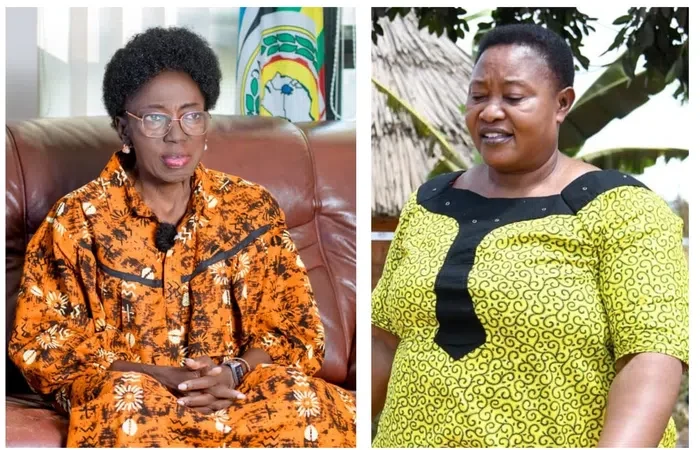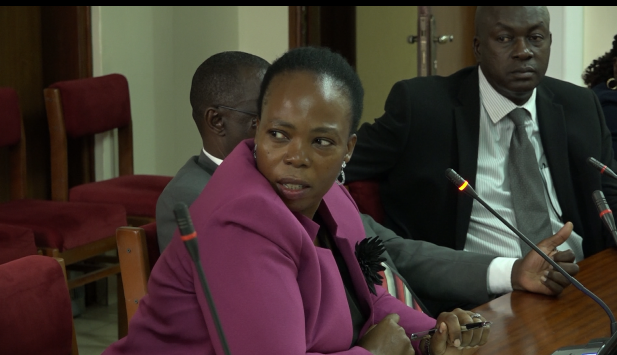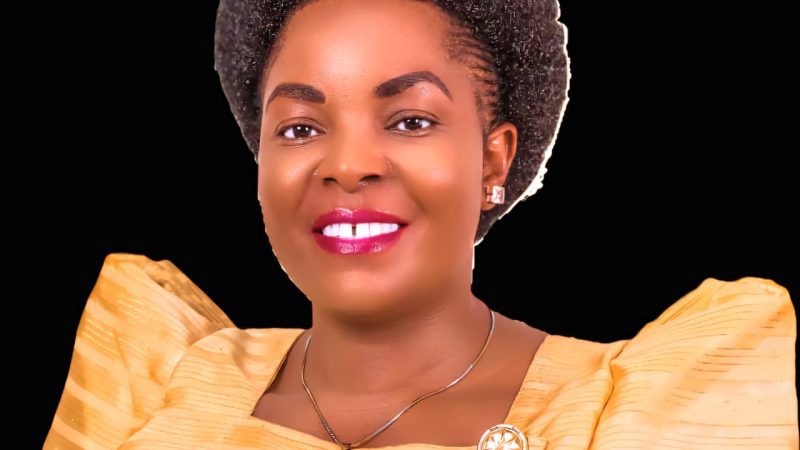The Law Development Centre (LDC) has asked the Law Council to investigate suspicious first degrees issued by some Uganda universities to ensure the country gets good quality lawyers.
There are fears that some students don’t concentrate while pursuing their first degrees at the law schools but appear at the LDC for the postgraduate diploma in legal practice with good marks, but such cannot rhyme with their performance during the nine months of rigorous training. In Uganda, the practice is that after students graduate with a Bachelor of Laws from any university, they have to be trained for nine months at the LDC, and one cannot be enrolled to the bar as an advocate before graduating from the centre.
The revelation was made by Annet Karungi, Head of the Bar Course at Law Development Centre while appearing before the Legal and Parliamentary Affairs Committee, where she was asked to explain why some students weren’t admitted to the Centre despite paying for the course.
“I think we have observed that the pattern in the last academic years is really not necessarily the best, and many of them (students) actually end up clogging the system, repeating various subjects. So it is something we have shared with the Law Council, and we are hopeful as a regulator, they will take it up and address it at the time of regulation and accreditation of the law Schools,” said Karungi.
Karungi denied allegations that the LDC declined to admit some students, saying there is no student who paid for the 2023/24 academic year intake and wasn’t admitted. She said that for the current cohort, the LDC received more than 3000 applicants, and because of the limited facilities, all these students couldn’t be taken on.
“In the process of admission, we realised that something is coming up, but I believe the Law Council will handle it. You find that applicants from certain Universities, almost the entire class, have a first-class or upper second class, so we have to devise a fair method of admission, and we decided to take on 60% from each University. So what we did, ranking from the first to 60%, we took on the top most from each University, the rest were admitted and given offer letters for the next academic year, which is really guaranteed,” added Karungi.
She was responding to Committee Chairperson, Robinah Rwakoojo, who asked officials from LDC who had appeared to defend their 2024/25 national budget framework paper to explain complaints raised by some students.
Rwakoojo, who is also the MP for Gomba West, said that some students were calling their Members of Parliament complaining about being left out by the LDC despite having the requisite marks from their respective universities.
“Is it that you don’t have a system that is properly marked out, and somebody knows whether they are going to participate during that financial year or not? Because there is the understanding of the students themselves, but for the parent, it is very confusing and very painful. Somebody knows they paid money for their children, but they don’t understand what happens. So you need to come up with better procedures on how things are to be done so that I know I am not enrolled for this year, so I don’t bother, but where there is so much uncertainty, it becomes a bit disturbing,” remarked Rwakoojo.
John Bosco Okiror, MP for Usuk County, also said that there is a need for a deeper analysis of the grades that are given to students of law in all universities so that only those who are capable are admitted to the LDC.
“She (Karungi) is saying there are some Universities where you find so many first-class students. For me, that statement isn’t small. It speaks volumes, and it is very dangerous. It goes into whether the institution is accredited and if they have the requisite manpower and people able to teach. It is worrying because if you are already worried that these people might not be genuine,” said Okiror.
The same sentiments were shared by Yusuf Mutembuli, MP for Bunyole East, who also asked, “After getting these first classes and so on, because at the end of the day, at LDC, you are in a position to know whether these are genuine, at the end of the day when you assess them, do you realise that these are First class are genuine or are just awarded?”
This comes at a time when the government of Nigeria has threatened not to accept degrees that the West African nations’ nationals attain from some universities on the continent, including some in Uganda.








